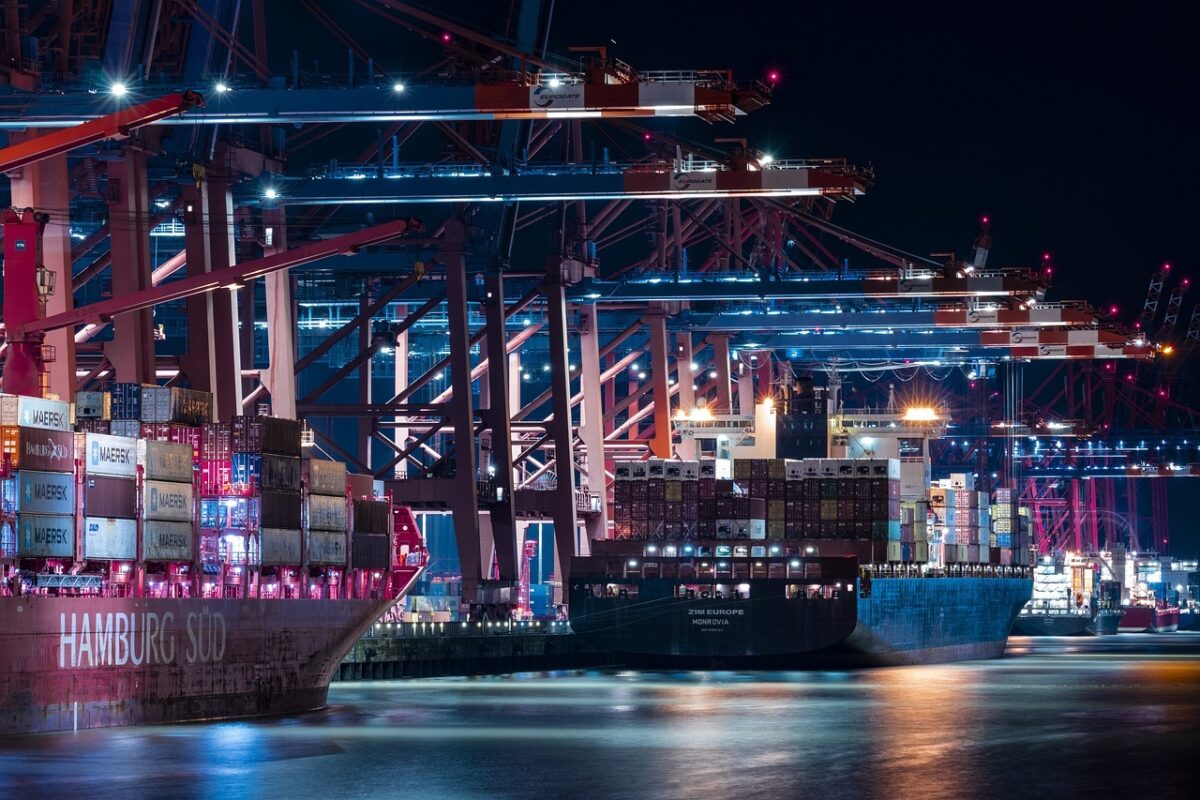Chemicals are the lifeblood of the modern world, with applications spanning from manufacturing to agriculture and healthcare. As globalisation continues to reshape industries and economies, the question arises: which country is the largest exporter of chemicals in the world? In this blog, we'll explore the answer, taking a closer look at the global chemical trade landscape and the powerhouse that leads the way.
Understanding the Global Chemical Industry
Before we dive into identifying the largest chemical exporter, it's essential to understand the vast scope of the chemical industry and its critical role in our daily lives. Chemicals are substances with distinct properties and compositions, and they are used in an array of products and processes, from pharmaceuticals to plastics.
The chemical industry can be broadly categorised into basic chemicals (commodity chemicals), specialty chemicals, and fine chemicals. Basic chemicals are the building blocks of countless products, including plastics, fertilisers, and industrial chemicals. Specialty chemicals are formulated for specific applications, such as coatings, adhesives, and catalysts. Fine chemicals, on the other hand, are complex compounds used in pharmaceuticals and other high-value industries. Read our article on the different types of chemicals for a more in-depth overview.
The Global Chemical Trade Landscape
The chemical industry's global footprint is vast, with chemical production hubs in numerous countries. However, when it comes to exporting chemicals, a few nations dominate the scene. The key factors that contribute to a country's prominence in chemical exports include robust manufacturing capabilities, access to raw materials, technological advancements, and a well-established logistics network.
China: The Chemical Export Giant
As of the most recent data available, China stands as the undisputed leader in global chemical exports. The country's chemical industry has experienced explosive growth over the past few decades, driven by factors like low production costs, ample availability of labour, and a growing domestic market.
China's chemical exports encompass a wide range of products, including plastics, organic chemicals, agrochemicals, and more. Its strategic investments in chemical infrastructure and production capacity have catapulted it to the forefront of the global chemical trade.
The United States: A Strong Competitor
The United States is another heavyweight in the global chemical export arena. The nation boasts a well-established chemical industry known for producing a diverse array of chemical products. While it doesn't quite surpass China in terms of export volume, the United States often leads in the export of specialty and fine chemicals.
The U.S. chemical sector benefits from advanced research and development capabilities, a skilled workforce, and significant investments in technology. As a result, it continues to be a major player in global chemical exports.
Germany: Excellence in Specialty Chemicals
Germany is renowned for its prowess in manufacturing specialty chemicals, particularly in sectors like pharmaceuticals, agrochemicals, and specialty polymers. This European powerhouse emphasises quality and innovation, making it a leading exporter of high-value chemical products.
German chemical companies are known for their adherence to strict environmental and safety standards, which contribute to their strong global reputation.
Other Notable Players
While China, the United States, and Germany take the lead, several other countries are notable players in the global chemical export landscape. These include countries like India, Japan, South Korea, and the Netherlands. Each of these nations specialises in specific segments of the chemical industry, further diversifying the global chemical trade.
Factors Driving Chemical Exports
Several factors contribute to a country's ability to excel in chemical exports:
- Economies of Scale: Countries with large production capacities and economies of scale can often produce chemicals more cost-effectively, giving them a competitive edge in global markets.
- Access to Raw Materials: Proximity to essential raw materials, such as petrochemical feedstocks, can significantly influence a nation's chemical production capabilities.
- Investments in Research and Development: Commitment to research and development (R&D) fosters innovation and enables the creation of high-value specialty chemicals.
- Infrastructure and Logistics: Well-developed infrastructure and efficient logistics networks facilitate the movement of chemicals from production facilities to global markets.
- Market Demand: A robust domestic and international demand for chemical products drives exports and fosters growth.
- Regulatory Compliance: Adherence to rigorous safety, environmental, and quality standards enhances a country's reputation in the global chemical trade.
- Skilled Workforce: A skilled and well-trained workforce is crucial for maintaining the quality and competitiveness of chemical exports.
The Future of Chemical Exports
The global chemical industry is poised for continued growth, driven by increasing demand across various sectors, including healthcare, agriculture, and electronics. As the industry evolves, countries will continue to vie for dominance in the chemical export arena.
Innovation will remain a key driver, as chemical companies explore sustainable practices, invest in green chemistry, and develop novel materials that meet the demands of a changing world. Additionally, the ability to adapt to evolving regulations and address environmental concerns will play a pivotal role in shaping the future of chemical exports.
The chemical industry remains dynamic
The title of the largest exporter of chemicals in the world currently belongs to China, a nation that has made remarkable strides in the global chemical trade. However, it's important to note that the landscape of chemical exports is dynamic, with multiple countries making significant contributions. The chemical industry's ongoing evolution, driven by innovation and market demand, ensures that competition and collaboration among nations will continue to shape the future of this vital global sector.
If you would like to learn more about chemical supply in the UK and beyond, get in touch with us today.

